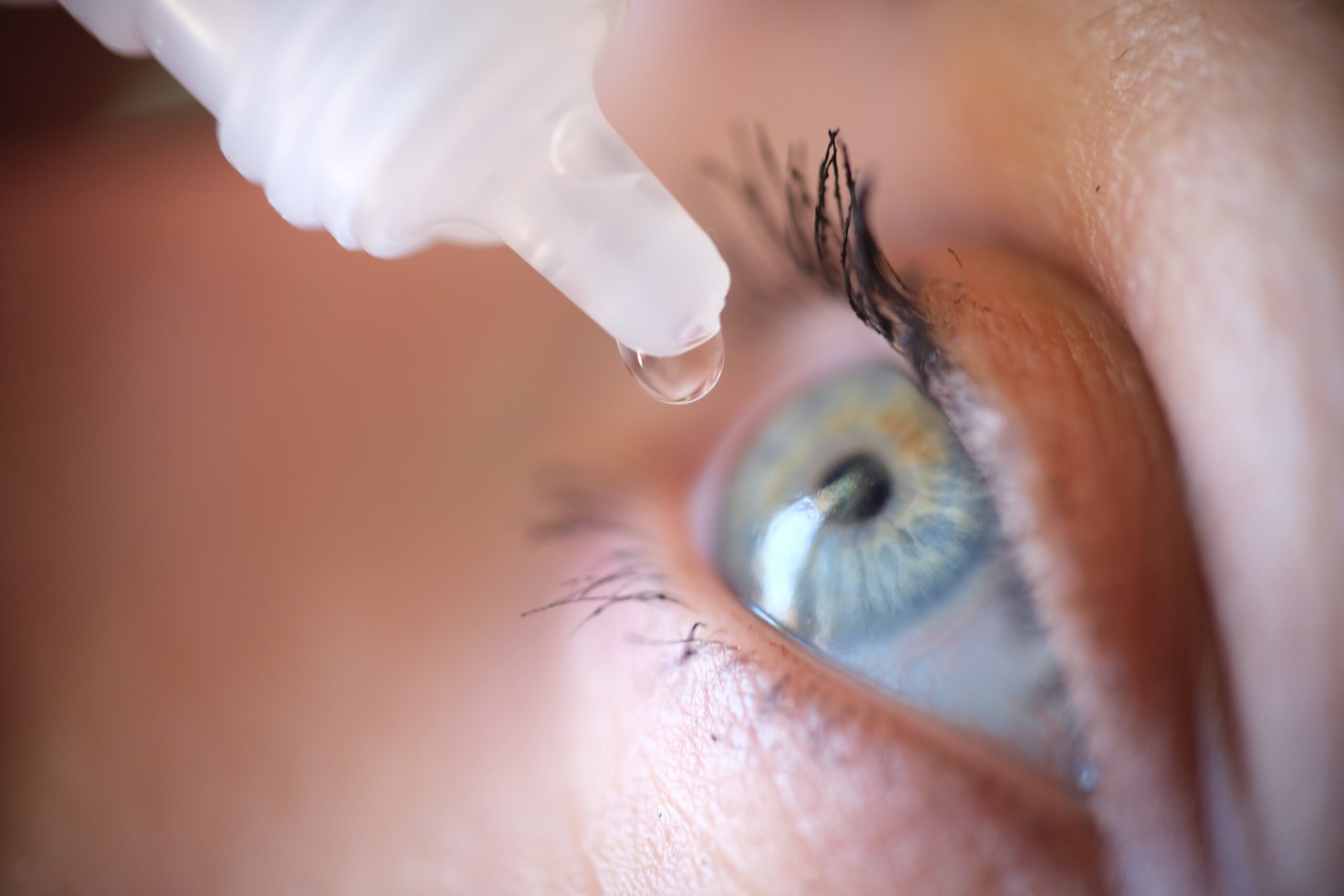
Health News
Features
-
Word of Mouth: Myths About Implants Debunked, Part III: Are they Affordable?
In my last two columns (part 1 | part 2), we debunked some common myths about the practicality and effectiveness of dental implants. Now let’s talk affordability. Nearly 70 percent of adults have lost a tooth, and the solutions are pretty straightforward: dental implants, bridges, or dentures. For most, dental implants are the best option,…
-
Meet the father of Family Fun and Fitness at the Fountain
Nat West: A man with plans for a better tomorrow A statue of a little boy reading sits in Winter Haven’s Central Park, a testimony to a man dedicated to improving the city’s quality of life: Nat West. At 69, the former vice president of Winter Haven Hospital (WHH) is retired, but still active in…
-
What you should know about lesser-known cancers
Understanding the signs and symptoms for males of all ages Although breast cancer is usually a women’s disease, men get it too. A bone cancer, Ewing sarcoma,usually peaks in teens during a growth spurt, but men can get it too. Like all cancers, the more rare forms of the disease are best caught early to…
Columns
-
Understanding Abdominal Aortic Aneurysm
An aneurysm is a weakening or dilatation in a part of an artery. About 15,000 people die of ruptured abdominal aortic aneurysm (AAA) every year in the U.S. About 200,000 new cases of AAA are diagnosed every year. Most of these are diagnosed by tests that are done for unrelated reasons. The aorta is the…
-
A Guide to Over-the-Counter Artificial Tears for Dry Eye
by Chelsea Hollier, O.D. Dry eye disease, also known as Keratoconjunctivitis Sicca, is a prevalent condition characterized by insufficient tear production (aqueous deficient dry eye) or poor tear quality (evaporative dry eye). It affects millions worldwide, leading to discomfort and irritation. Fortunately, over-the-counter (OTC) artificial tears provide relief and aid in managing symptoms. Dry eye…
-
3 Options for Thoracic Aortic Aneurysm Management
In the previous two columns, I discussed aneurysms that occur in the aorta situated in the chest cavity. In this article, I will explain the various types of treatment options available for those thoracic aortic aneurysms. In general, outcomes favor endovascular repair over open repair as open repair is associated with higher rates of morbidity…





